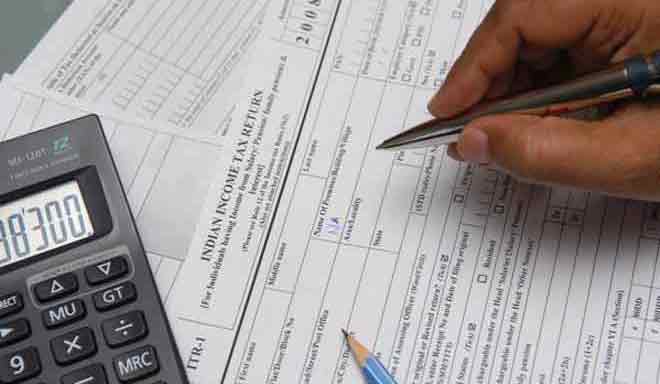If you are an employee who earned remuneration which is less than P144 000 in the 2020 tax year, you do not need to submit an income tax return this year. This is per a public notice issued by BURS last week Thursday, 20 August 2020. Just for your information, this has been received warmly by taxpayers who know that the move will lessen their tax compliance burdens. I want to elaborate on this aspect today, hoping that it will add value to you. In this article, words importing the masculine shall be deemed to include the feminine.
What’s all this about?
Since 2012, all individuals who earned more than P 36 000 per year were required to register with BURS and thereafter submit income tax returns, regardless of the type of income they earned. The new development basically means that exonerated persons will not need to submit income tax returns. I will expand on the conditions that should be met for you to be an ‘exonerated person,’ which is a term I am using to mean those benefitting from the new BURS move.
The conditions
The exoneration only applies if the following conditions are all met:
Employees only: You must be an employee whose sole income is remuneration from employment. In other words, if you earn other income such as rentals or business profits, you still submit returns even if your annual income is less than P144 000.
One employer: The second condition is that you should have been with the same employer from 1 July 2019 to 30 June 2020, for the 2020 tax year. Those who changed employers during the said period will need to submit income tax returns if they earned more than P36 000. However, if you started working after 1 July 2019 and did not change employers, you do not have to submit a tax return, if you meet the other conditions below.
Correct PAYE deductions: Your employer must have deducted the correct amount of PAYE for the year. This means that the tax certificate (ITW 8) must reflect the correct amount of tax deductible per the tax tables as well as a similar figure as tax actually deducted from your earnings. If the employer over-deducted or under-deducted tax, then you must file a tax return. This will allow those who are owed tax refunds by BURS to claim such refunds and those who owe BURS to pay the outstanding balance.
Below P144 000: You must have earned less than P144 000, which means that those whose earnings reached or exceeded the mentioned threshold must submit returns.
Is this for 2020 only?
The mentioned public notice did not categorically state the tax years impacted but it is my view that this will apply even beyond 2020 as BURS will not benefit much from requiring the exonerated taxpayers to file returns. Well, it may also be a good idea to exonerate all employees, including those earning more than P144 000, if employers would have deducted the correct amount of PAYE. That arrangement is what is known as the Final Deduction System, where PAYE deducted by the employer is taken as final tax, freeing taxpayers of further tax obligations.
Why this change?
The costs incurred by any tax authority in collecting taxes increase particularly when dealing with individuals who naturally struggle to part with, among others, taxes. So, to maximize tax collection efficiencies, there is need to weed out compliance matters that don’t contribute extra taxes. The IMF also made a related observation and recommendation in 2017 when it reviewed the country’s tax system. Further, the simple fact that employers would have already deducted PAYE points to the fact that tax leakages would be minimized, meaning that BURS would not collect significant taxes even if the exonerated persons were to file income tax returns. In addition, this is also in line with global trends where tax authorities are giving back to taxpayers after COVID-19 ravaged the world economy.
Due date extended
For those who do not qualify under the mentioned exoneration, they will have to file returns online, either using BURS e-services platform as well as the BURS M Tax App by 30 November 2020 and not 30 September as usual. This means that filing manual returns will generally be discouraged.
Well folks, I hope that was insightful. As Yours Truly says goodbye, remember to pay to Caesar what belongs to him. If you want to join our Tax Whatsapp group, send me a text on the cell number below.
This article is of a general nature and is not meant to address particular matters of any person. Tax advice is recommended if transactions are contemplated. Jonathan Hore is a Managing Tax Consultant at Aupracon Tax Specialists and feedback can be relayed to jhore@aupracontax.co.bw or 7181 5836.




